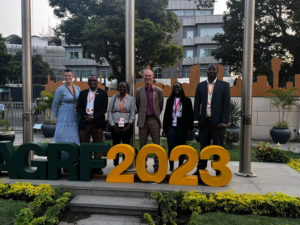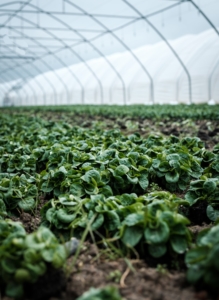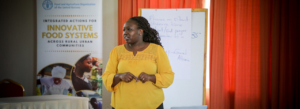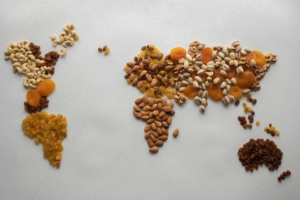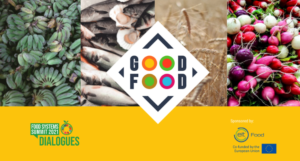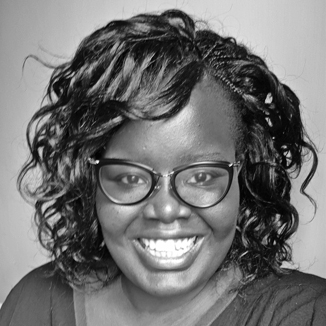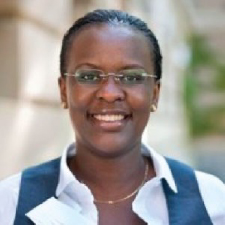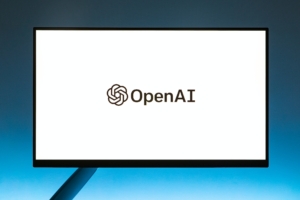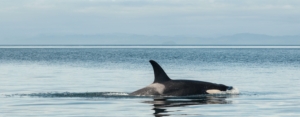27 Kenyan food systems leaders complete the final stages of prestigious Fellowship

Latest posts
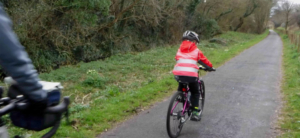
Could Girls on Bikes replace GDP?

Transforming Youth Employment with Systems Change in Africa

System Change in Action: The Wigan Deal
Share:
“We did it!” beamed proud Aquaculture Fellow Proscovia Alando, one of 27 Fellows in the inaugural African Food Fellowship cohort from Kenya who added yet another feather to their cap on April 1, 2022. They proudly received certificates for successfully completing Stages 2 and 3 of the Food Systems Leadership Programme.
The Fellows, who are renowned in their respective fields, were grouped into three focus areas: Horticulture, Aquaculture, and Agri-finance. They graduated from the “Systems Action” and “Sharing and Reflection” stages of the programme, which served as an incubator for testing, refining, and practical application of their ideas.
It was an engaging, activity-packed day that was held in Nairobi’s Social House and attended by the Fellowship’s faculty, technical mentors from Wageningen University & Research (WUR) and Wasafiri, and delighted coaches. For the fellows who attended (and for the few who joined in virtually), the excitement of meeting their counterparts, some for the first time in person, was palpable.
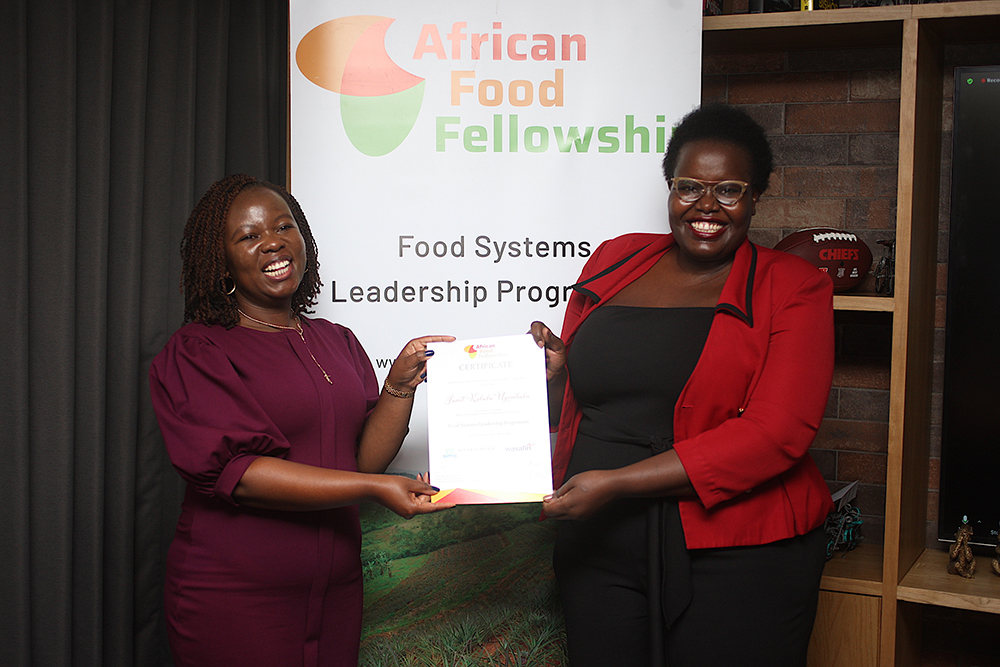
After going through the rigorous 10-month Food Systems Leadership Programme, our food systems are in good, capable hands. For the Fellows this proud moment marks the beginning of a lifelong leadership journey towards more inclusive, sustainable, and healthy food systems for our continent. A challenge they now feel empowered to take on.
For us too, it shows encouraging headway with our aim to help deliver progress promised in the 2014 Malabo Declaration, which aims to end hunger on the continent by 2025 and to promote intra-Africa food exchange through the continental free trade area.
Echoing the words of Fellowship Implementation Lead and proud Dean of the African Food Fellowship, Eunice Khaguli, “we’re building a movement”. We couldn’t agree more.
Have a peek at more photos of the Fellows and follow us to keep up with what’s next for the Fellows and other Fellowship-related news.
Hongera once again. Congratulations!
Wageningen University & Research and Wasafiri Consulting initiated this fellowship to help deliver progress promised in the 2014 Malabo Declaration, which aims to end hunger on the continent by 2025 and to promote intra-Africa food exchange through the continental free trade area. The initiative enjoys support from the IKEA Foundation.
Read more Fellowship related blogs
Photo by Daniel Fazio on Unsplash

